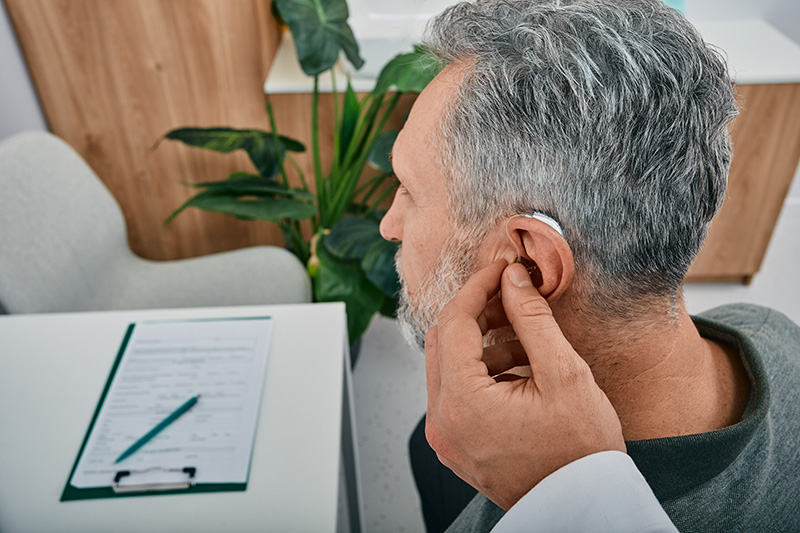Understanding Sounds Levels and Which Sounds to Avoid
While you may not give it much thought until something is overly loud, you can actually be exposing your ears to damaging noise levels. Noise-induced hearing loss is a condition that is caused by deafening noises and constant noises above a safe decibel level. To prevent this type of hearing loss, it's necessary to understand what sound levels are safe and which ones are harmful.
Everyday Activities
There are various noise sources that you can be exposed to throughout your everyday life that have loud decibels ranges. Some of the most common include music from your smartphone, personal listening device, or car. Having these devices set near the maximum exposure level can result in hearing loss over time. Additionally, fitness classes and even children's toys can be too loud.
Events
While getting out of the house can be a great change of pace, you need to be mindful of the noise you're exposed to. Concerts, bars, restaurants, movie theaters, and sporting events are known to exceed safe sound levels. Motorized sports events like car, Motorcross, and truck races are well-known causes of unsafe noise levels.
Tools and Other Noise Sources
Working with tools is another area that can potentially expose you to dangerously high noise levels. Power tools and gas-powered lawnmowers are just some of the many tools that can lead to noise-induced hearing loss when you're exposed to them over a lengthy period of time. Sirens, firearms, and firecrackers are a few more sources of high decibel noises that can ultimately result in hearing loss.
A Note on Decibel Levels
Expert audiologists have concluded that noise levels above 70 decibels may start to damage your hearing over a prolonged period of time. Examples of sounds near this range include gas-powered leaf blowers and motorcycles. Loud sounds above 120 decibels are known to cause immediate damage to the ears. Sounds around this range include firecrackers and sirens right next to a person.
How to Prevent Noise-Induced Hearing Loss
Once you have a good understanding of the various decibel levels and which ones are harmful, you can start to determine when you're going to need to utilize hearing protection. If you plan on going to an event, like an auto race, it's a good idea to use a personal hearing protection device. These include earplugs and earmuffs that block out the noise and keep your ears safe. If you don't have hearing protection, it's best to distance yourself from loud noises to reduce their impact on your hearing.
Contact Us Today
If you have further questions regarding noise-induced hearing loss or would like to have your hearing evaluated, contact us today. Our friendly audiologists can assess your hearing and make recommendations on how to enhance it going into the future.
Resources:
https://www.cdc.gov/nceh/hearing_loss/what_noises_cause_hearing_loss.html
https://www.asha.org/public/hearing/loud-noise-dangers/






